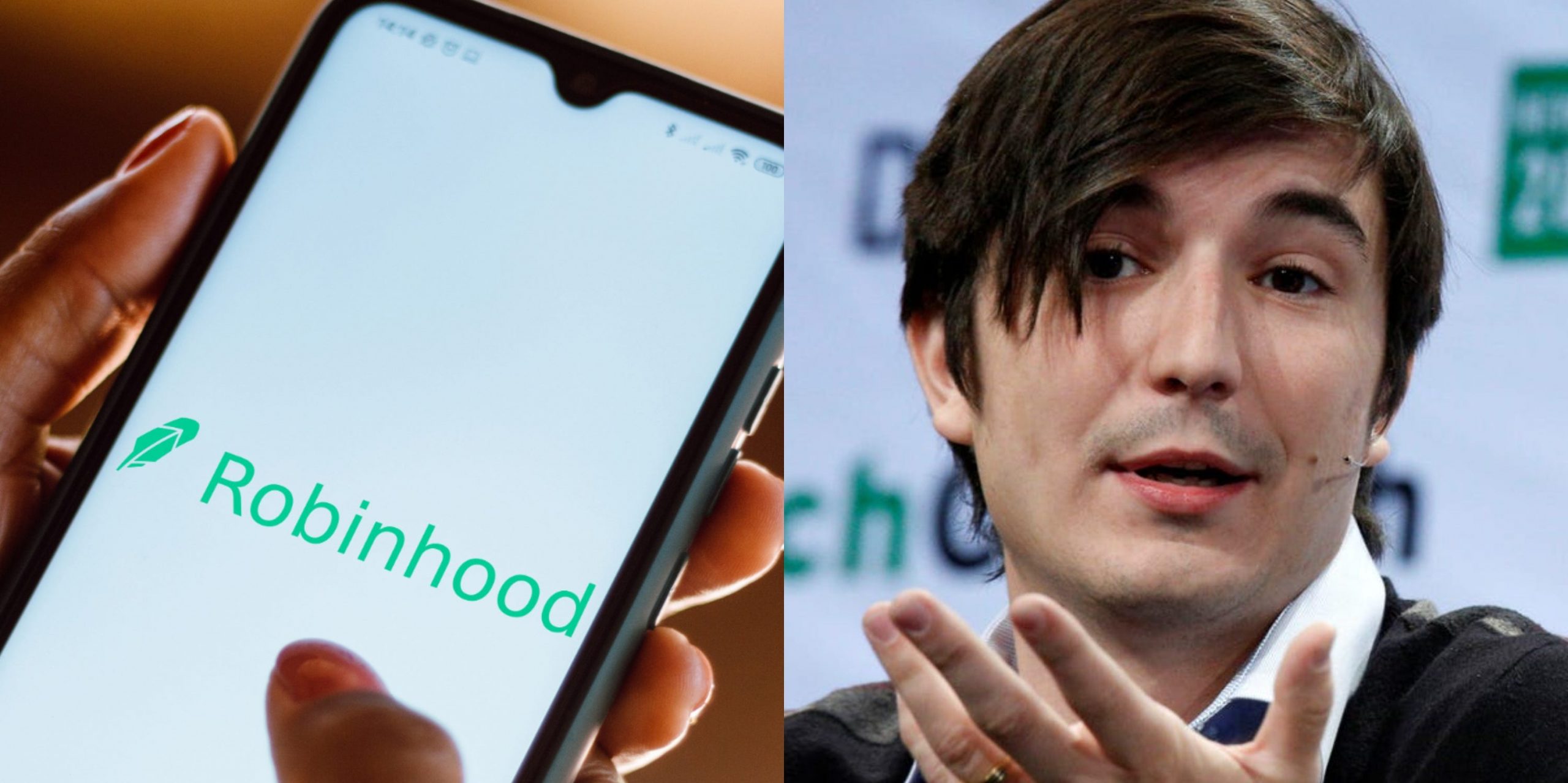
- Robinhood CEO Vlad Tenev told Bloomberg that "investing should be as ubiquitous as shopping online."
- Tenev rebuffed comments from various experts on the addictive nature of Robinhood.
- "I reject the idea that investing in the US capital markets is gambling," Tenev said.
- Sign up here for our daily newsletter, 10 Things Before the Opening Bell
Robinhood Markets CEO Vlad Tenev defended the mission of his trading platform, which seeks to "democratize finance for all" amid backlash from lawmakers, regulators, and Wall Street firms blaming the mobile app for luring inexperienced investors and "gamifying" the stock market.
"Investing should be as ubiquitous as shopping online," Tenev told Bloomberg. "It should just be something that people do."
The Menlo Park, California-based company has faced scrutiny for its role at the center of the GameStop frenzy in January. This includes complaints that the mobile app used "aggressive" tactics to lure young and inexperienced investors with commission-free trades.
A five-hour congressional hearing in front of the House Financial Services Committee was held on February 18, scrutinizing the role the company played.
"This is what I signed up for," Tenev said. "Any time you're causing change in society and kind of upending the status quo, it's probably not going to be the most comfortable process."
The 34-year-old founder also rebuffed comments from various experts on the addictive nature of trading apps like Robinhood. The app has attracted over 13 million users since 2013, many of whom are younger retail traders.
"I reject the idea that investing in the US capital markets is gambling," Tenev said. "We'd be happy to have the conversation, but of course we understand that investing is a serious thing."
"The facts will come out and it will bear out that Robinhood is a customer-focused company that's operating with the highest standards of integrity," Tenev said.
In the February hearing, Tenev maintained that Robinhood has created opportunities for a new generation of investors. The CEO told lawmakers that the assets of his platform's users have collectively grown by more than $35 billion, a claim challenged by some, including Rep. Jim Himes.
